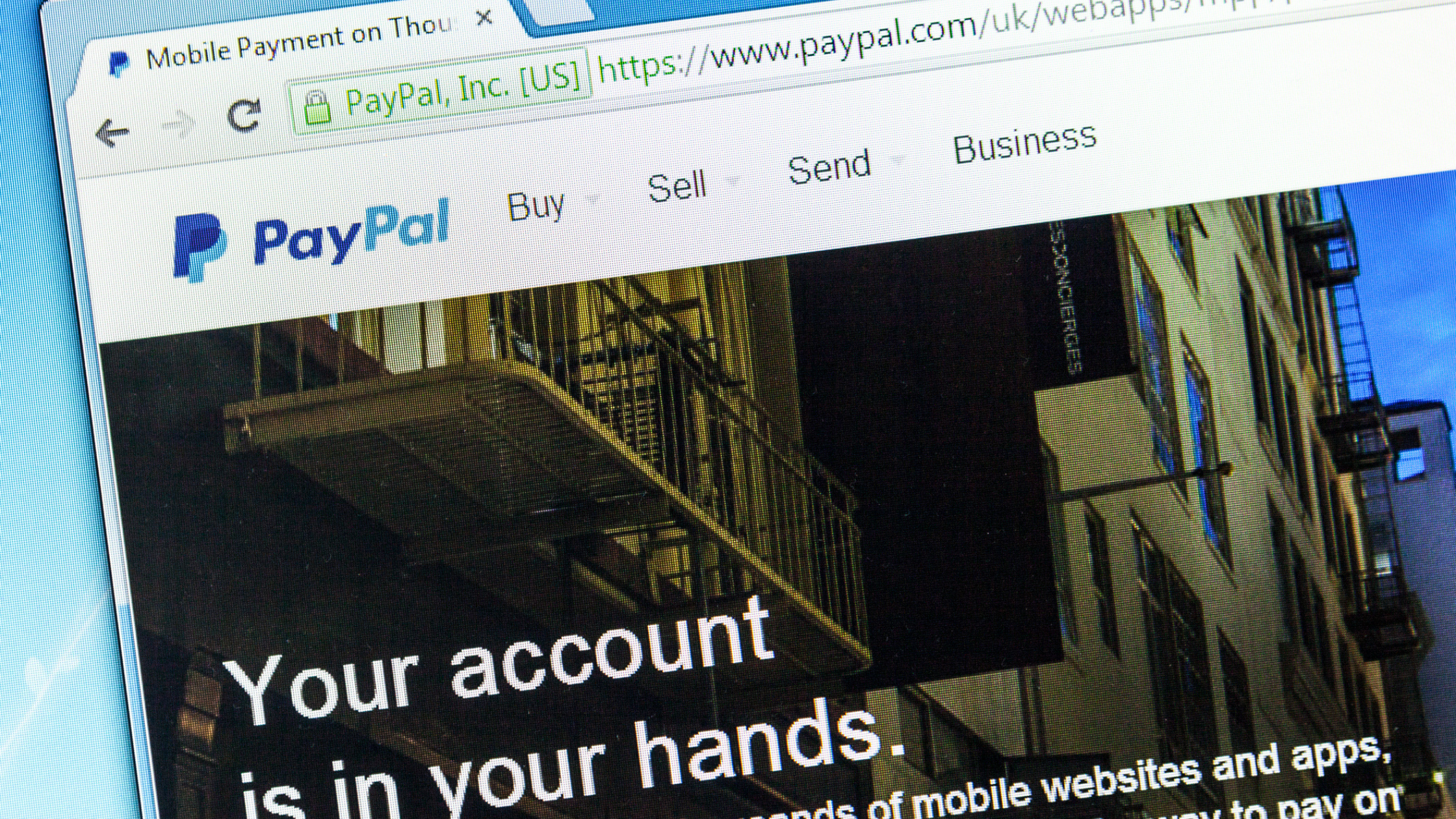Are DocuSign Shares Still a Buy After Falling 8%?

E-signature and agreements solutions provider DocuSign Inc (NASDAQ: DOCU) saw its shares fall sharply, closing Thursday’s trading day down 8.7%.
The company reported better-than-expected earnings after the market closed, yet guidance wasn’t as robust as expected. DocuSign shares fell an extra 9% in after-hours trading.
Tim’s Take:
For readers unfamiliar with the company, DocuSign effectively allows businesses and individuals to carry out the signing of agreements digitally – primarily through e-signature.
However, that’s only the first step. Once clients are onboard with the flagship e-signature product, DocuSign offers an “Agreement Suite” of products that covers a wide range of agreement generation.
The firm’s second-quarter 2021 (DocuSign has a fiscal year ending 31 January 2021) earnings report was the continuation of a trend that Covid-19 accelerated. Basically, the need to digitise agreement processes became paramount as people worked from home.
Although DocuSign’s numbers weren’t anything close to the scale of growth of a Zoom Video Communications Inc (NASDAQ: ZM), for example, it wasn’t anything to sniff at either.
Revenue for DocuSign’s latest quarter grew 45% year-on-year to US$342 million versus consensus expectations of US$320 million.
Even better, it grew its total customer base 39% year-on-year to around 750,000. One of the best things to love about its business is that classic SaaS benefit – recurring subscription revenue.
Out of DocuSign’s overall revenue, a whopping 95% is recurring revenue that comes from subscription to its services. And the gross margin of that subscription service is juicy – 83% in its latest quarter versus 78% for the overall business.
Digital signatures are here to stay
CEO Dan Springer reiterated on the latest earnings call that the need to digitise business processes has seen its product become a necessity in the current environment and that he “doesn’t see any sign of customers returning to paper once the pandemic is over”.
The stickiness of DocuSign’s product is testament to how it dominates the space – the company currently has around 70% market share in the e-signature market. In addition, the company’s acquisitions strategy has been shrewd.
DocuSign bought SpringCM (a document generation and contract lifecycle management specialist) in late 2018 and then Seal Software (an AI-driven contract analytics firm) earlier this year. Most recently, in July, it bought Liveoak Technologies – a remote notarising service.
Cementing its leadership position
Integrating the companies’ respective capabilities into DocuSign’s overall product offering is only going to strengthen the firm’s competitive position in an e-signature space that has a total addressable market (TAM) of US$25 billion.
Add on the whole contract lifecycle management market and the TAM doubles to US$50 billion. In my view, DocuSign’s growth is just getting started.
Even though DocuSign shares are up around 225% so far in 2020, it’s a long road of growth ahead. And this software company is taking it slow and steady.
This material is categorised as non-independent for the purposes of CGS-CIMB Securities (Singapore) Pte. Ltd. and its affiliates (collectively “CGS-CIMB”) and therefore does not provide an impartial or objective assessment of the subject matter and does not constitute independent research. Consequently, this material has not been prepared in accordance with legal requirements designed to promote the independence of research. Therefore, this material is considered a marketing communication.
This material is general in nature and has been prepared for information purposes only. It is intended for circulation amongst CGS-CIMB’s clients generally and does not have regard to the specific investment objectives, financial situation and the particular needs of any specific person who may receive this material. The information and opinions in this material are not and should not be construed or considered as an offer, recommendation or solicitation to buy or sell the subject securities, derivative contracts, related investments or other financial instruments or any derivative instrument, or any rights pertaining thereto. CGS-CIMB have not, and will not accept any obligation to check or ensure the adequacy, accuracy, completeness, reliability or fairness of any information and opinion contained in this material. CGS-CIMB shall not be liable in any manner whatsoever for any consequences (including but not limited to any direct, indirect or consequential losses, loss of profits and damages) of any reliance thereon or usage thereof.






















































